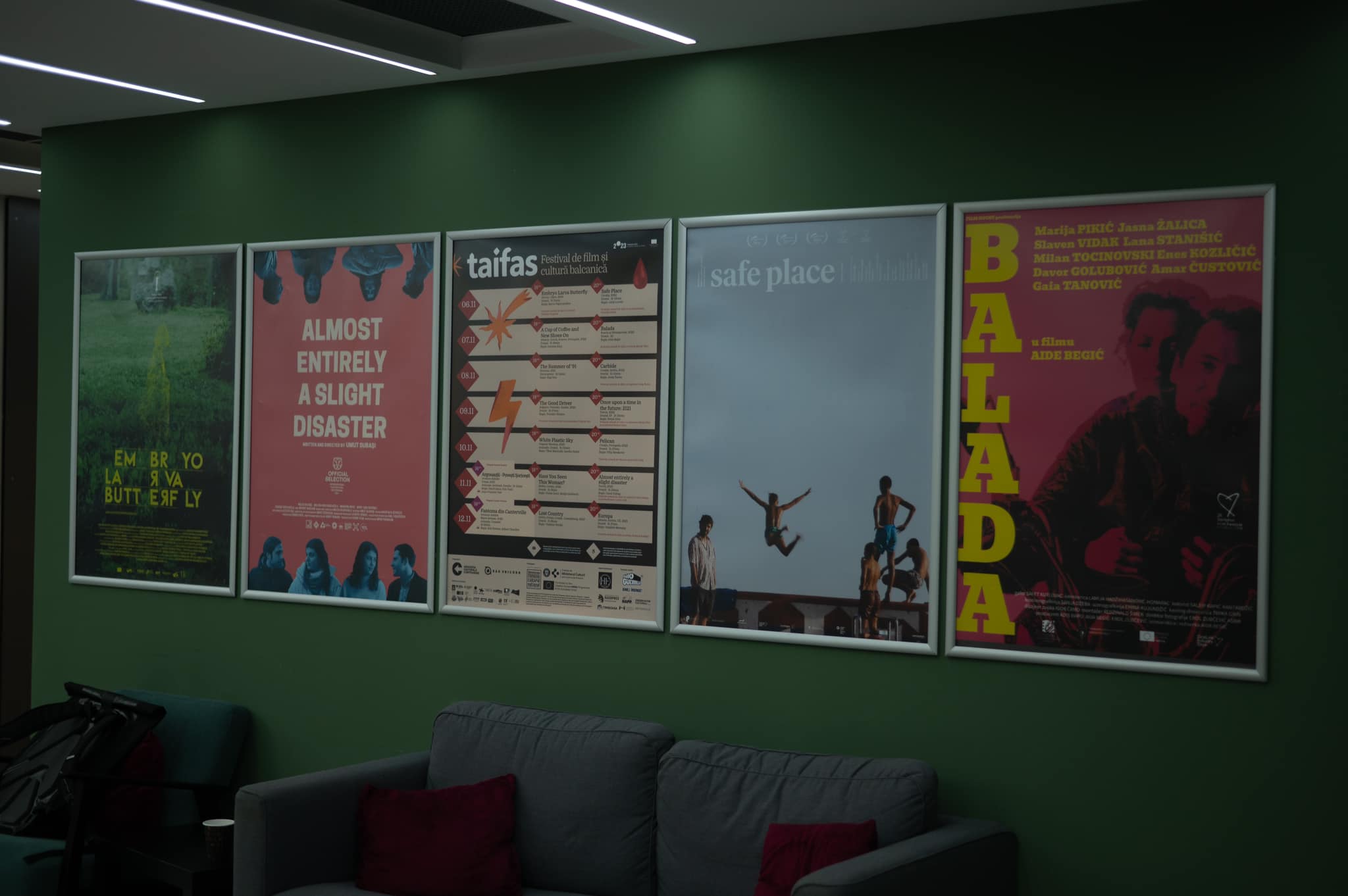Last October and November I spent a month in Timișoara on a scholarship awarded by Taifas Balkan Film and Culture Festival in collaboration with the “Two Owls” Bookshop.
The events that accompanied the films were just as important as the festival itself.
Taifas Balkan Film and Culture Festival is, for me, a great novelty. In the last fifteen years, I have been to dozens and dozens of festivals and I have been offered many scholarships. What I have noticed this time is the attempt to extend the range of the cultural and artistic area, and the ongoing educational and social development. This, for me, is very attractive.
At Taifas Festival things are like this: the central element is the Balkan film, to which music, literature, education, and gastronomy elements are added. The festival also has a major social part.
The festival had its first edition this year. I greatly appreciate that it is open to the very young public, from young children to high-school and university students. This is perhaps the main element that can have long-term effects.
Here I should mention the Education through Film Symposium, which aims to “consolidate the research network of the East-European film and at the same time to give teachers the opportunity to use film as a teaching resource in the classroom.” During the symposium, film projections take place in schools and public spaces.
Taifas also offers literary residences. This year there were four guest authors: Moni Stănilă, Alexandru Vakulovski, Adrian Șchiop and myself. Our job was to write about a Balkan theme, and to meet the public at “Two Owls” and the high-school students.
There was also a Film Residence that brought together young Balkan directors for a week of film learning and practice. This part was especially important to me, because I had the chance to meet several talented young people from Bessarabia who are rarely given such opportunities.
Besides the films and the above-mentioned key events, which may not have been very visible, but were essential to the festival, there was also music. The festival opened with Simion Bogdan- Mihai & Lăutarii de mătase (The Silk Folk Musicians), whose guests were the young members of the Crescut pe muzică (Growing up with Music) folk band and also beginner instrumentalists, which made the event spectacular. It was a memorable evening at the Banatul Philharmonic of Timișoara. Even the local sticklers for etiquette danced on the folk rhythms.
At the weekend we had a Disco Party Balkanic with Ligia Keșișian, at Nemesis Art Club. There was a lot of dancing.
That weekend we also attended a special gastronomy event that impressed me in particular: HRANA Balkan gastro-cultural event, Food-concept by Alina Săftulescu, music from Radio Kibuț – everything at the famous Reciproc Café.
Balkan film in Timisoara
When the films are chosen by Monica Felea and Ștefan Bradea, you have nothing to comment. The Bad Unicorn team is one of our most professional ones and everything they recommended suited my taste. I have great respect for their work.
The first film that touched me deeply was A Cup of Coffee and New Shoes, an Albania-Greece- Kosovo-Portugal production from 2022, directed by Gentian Koçi. Cast: Rafael Morais, Edgar Morais, Drita Kabashi.
It is a multi-awarded film with an excellent theme and storytelling. Two twins, Agim and Gezim, played by two Portuguese actors, brothers Rafael and Edgar Morais, live somewhere in Albania. They are deaf-mute and live for each other. Not having a family, they have promised to take care of each other.
In their seemingly peaceful and good lives, a terrible tragedy is announced: a very rare hereditary disease affects their vision.
What will the two young people do? They are alone – only one of them has a girlfriend. How will they handle life? How will they deal with the great misfortune that awaits them?
In this film you see how two men who have always depended on each other suddenly find themselves completely helpless, since they can’t hear, speak or see. It is a metaphor of total addiction to the other. We cannot be alone in the face of death. We need the other even if we are to die on our own, each for themselves. The idea that you only succeed through yourself is entirely false. We need each other even in death – especially in death. And disease is just a warning – the film gives this warning. The end is even more surprising. Don’t miss this film, it you have the opportunity to see it.
Another memorable film was Europe, Albania, Austria, UK, 2023, directed by Sudabeh Morteza. Cast: Lilith Stangenberg, Jetnor Gorize, Steljona Kadillari, Mirando Syllari, Tobias Winter.
A corporation active in one the “first-world” countries sends an ambitious representative to the “third world”, the Balkans, to make expansion preparations – as any corporation does. The film is a kind of Avatar, not SF, but displaying the Balkan realism that is very familiar to us.
The “inspector of civilization” faces a seemingly underdeveloped and poor world that she tries to lure and conquer not by force, but with money. The “aboriginals”, however, refuse to leave their land, because they aren’t attached to it pragmatically, but traditionally, through their traditions and beliefs. Money cannot melt their beliefs easily. People are not yet sufficiently “civilised”.
What attracts us in this film is the familiarity of both its themes and behavioural types. While seeing it, one of my eyes was laughing and the other was crying and I had the feeling that I was watching the whole scene in a village in Oltenia, Moldova or Transylvania. So familiar are the themes and customs, that you can understand everything even if you don’t know the language.
The authenticity of the film lies mainly in the fact that most actors are not professional actors, but people from the community. And like with any eastern ending, we witness what we already know: Eastern Europe is always surprising and the Balkans are always beyond the limit of the surprise.
A great surprise was White Plastic Sky, Hungary-Slovakia, 2023, directed by Tibor Bánóczki and Sarolta Szabó. Cast: Tamas Kereztes, Zsofia Szamosi, Géza D. Hegedüs.
It is the kind of film that becomes a sensation not only for its theme, but also for its stylistic parts. This magnificent and emotional animation is full of ideas that keep you in suspense and contains references to a lot of other masterpieces of the genre. I haven’t seen something so powerful and impressive for a long time.
The action is placed in Budapest, in 2123. We are introduced to a world in which after you turn 50 your body becomes the property of the state. What this means is unclear at first, and gradually things become more complicated. The city looks impeccable with its well- defined futuristic style, and its citizens seem to live a happy life. However, advertisements urge everyone to have children as early as possible, “so you can still meet your grandchildren”, and “voluntary implants”. Some people are sent to the “plantation”.
It seems that the Earth has become completely barren and a scientist has invented a way to turn people into trees by injecting a “seed” into their hearts. Trees that have grown from their bodies must provide food for the living. Consequently, everyone has to get the injection when they are 50, so that the others have what to eat.
The story begins when Nora, a 32-year-old woman who mourns the death of her child, receives a voluntary implant. Her husband, Stefan, decides to find a mysterious scientist who can surgically remove the seed before his wife is lost forever.
I’m not going to tell you what happens in the film. It deals with a number of contemporary worrying topics and does this in a unique way. It is probably the most beautiful and significant film I have seen lately. It is a must and it can be watched by children as well.
What else is to say? I would like to thank the organisers of this wonderful event: Dana Sarmeș – the life and soul of the festival; Monica Felea & Ștefan Bradea, Andrea Reisz & Cătălin Olaru & Alexandru Hygied & Simona Constantin, the two “owls” Raluca Selejan & Oana Doboși. Special thanks to Mihai Tilincă.
I hope that this very promising start will be followed by many similarly professional editions. I have great confidence in the organisers.
The event was organised by Contrasens Cultural Association, Bad Unicorn, and financed by the Administration of the National Cultural Fund (AFCN – the Ministry of Culture), through the Timisoara Project Centre.


